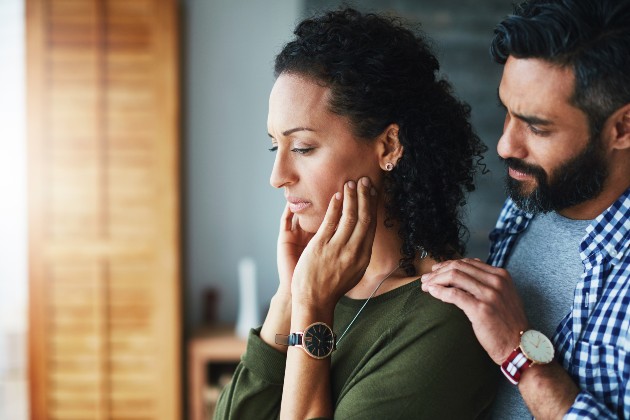Being a student with a disability and a student nurse is hard. I’m not going to lie.
Before training to be a nurse, I was a makeup artist and felt very unchallenged and unfulfilled. My mum was a nurse and always encouraged me to be one too, but died when I was 23, which hit me very hard. It was while on holiday a few years later that I decided to become a nurse as I wanted to feel that I was accomplishing something and love to learn. I have a hidden disability, but this was something that I really wanted to do, so I did.
Support
My university have been very supportive regarding my disability and I cannot fault anything they have done. I’ve had their full support and help any time I’ve needed it. In my first year, I was sent for a needs assessment for a Disabled Student Allowance. The assessor decided I needed equipment and specific programmes on my computer to help with my learning, a mentor I could talk to, help with university work, extra time in exams and counselling. The university complied with these needs and have offered me extra support even when I have not necessarily asked for it. My disability has never been questioned and I’ve never been made to feel like I was in the wrong for being disabled.Testing times
So far in my student nursing career I’ve had five placements; three in acute care, one in the community and one in a nursing home. For my acute placements I was at the same hospital times. It was difficult, exhausting and extremely testing. My first time in the hospital mainly revolved around being told for 10 weeks how doing 7.5 hour shifts (the usual acute nursing shift being 12.5) meant I could not be a “real” nurse and I should “change that before my final year”. It had been taken into account that this placement was particularly hard as my mum died in this hospital several years previously, so some allowances were made. I made it through this placement with my resilience damaged and self-esteem crushed. It was strongly suggested I attend counselling to work on any issues before my next placement.
Bullying
My module three placement followed four months later in the same hospital. I was convinced this time it would be different. I was more resilient and positive. I made an appointment to meet my mentor prior to placement to discuss my reasonable adjustment pack most disabled students have in place through the university (these are adjustments such as shift hours, breaks and anything else that may help disabled students cope while in placement). I was instantly told by my mentor that I “will not be allowed to work on this ward doing shorter shifts”. Although this was rectified, the next three months were very hard. I eventually had to place a formal complaint of bullying as my disability was constantly discussed behind my back, I was called lazy, told I “was not a team player” and my eventual placement grade was downgraded by my mentor as I clearly “do not understand hospital politics”. This did not beat me. My complaint was looked into and although nothing came of it, it was eventually added to a bigger issue on the ward raised by another university colleague.Moving forward
Out of this, I contacted the RCN and was told about the Peer Support Service for members who are disabled, injured or retired through ill-health. I’ve found it to be a very supportive group and it was good to know about other people’s experiences through the Facebook page. I do not resent being labelled disabled. I do resent some acute care staff judging you and bullying you because they cannot see your disability as if it can’t be seen then you must be lying. I am now in place where I am able to take a stand and make people realise that I am a capable nurse (I’ll qualify this summer) regardless of disability. There will be hard times and people will judge without knowing you or your story but you just have to keep going. There are other disabled students who will understand and support you but always make sure you take care of yourself before anyone else.Find out more...
The RCN's Peer Support Service is a network for all members who are disabled or ill and provides advice and information on a range of services available to them.








